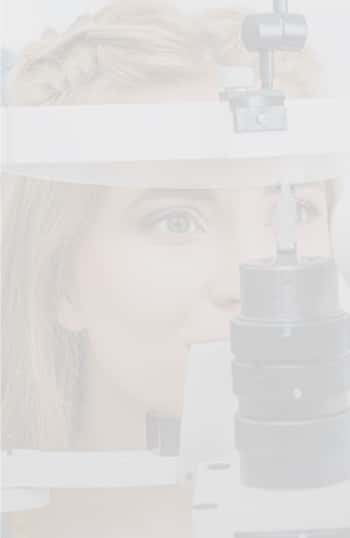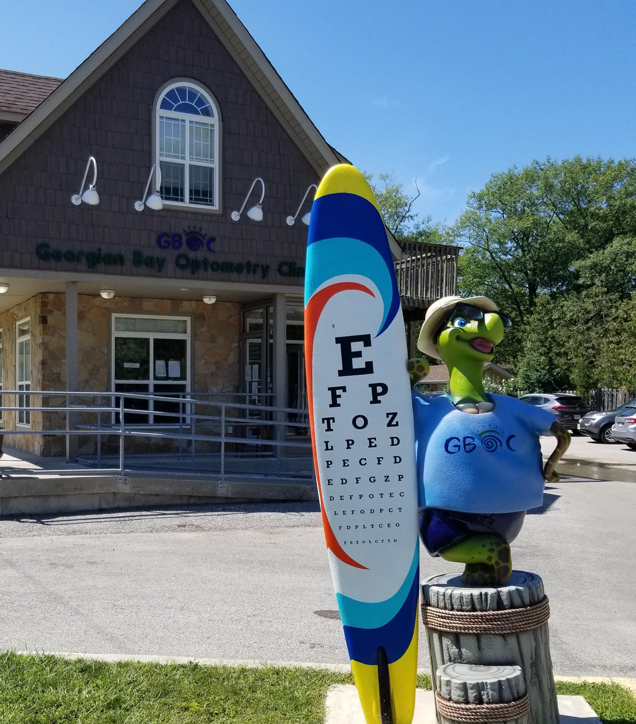What is Diabetic Retinopathy?
Damage to the blood vessels within and around the retina causing cloudy, hazy, blurry vision. It can cause blindness if left untreated.
Prolonged periods of hyperglycemia causes glucose to accumulate in your blood vessels. High blood glucose levels eventually weaken the walls of the blood vessels in your eye, causing diabetic retinopathy. The risk of developing retinopathy is directly related to how long you’ve had diabetes, or how well maintained your blood sugar levels are.
- Blurry vision
- Dark spot/blind spot in centre field of vision
- Poor night visibility
- Floaters and spots
- Distorted vision
- Eye pain, feeling of pressure
- Development of cataracts
During your eye exam, we will use specialized equipment to look at the inside of your eye. We will dilate your eyes using eye drops in order to provide a better view of your retina.
After the exam, your eyes will be blurry for a few hours, though you should be able to return to normal activities shortly after the exam. Your eyes may also be sensitive to light- we recommend bringing sunglasses with you.













